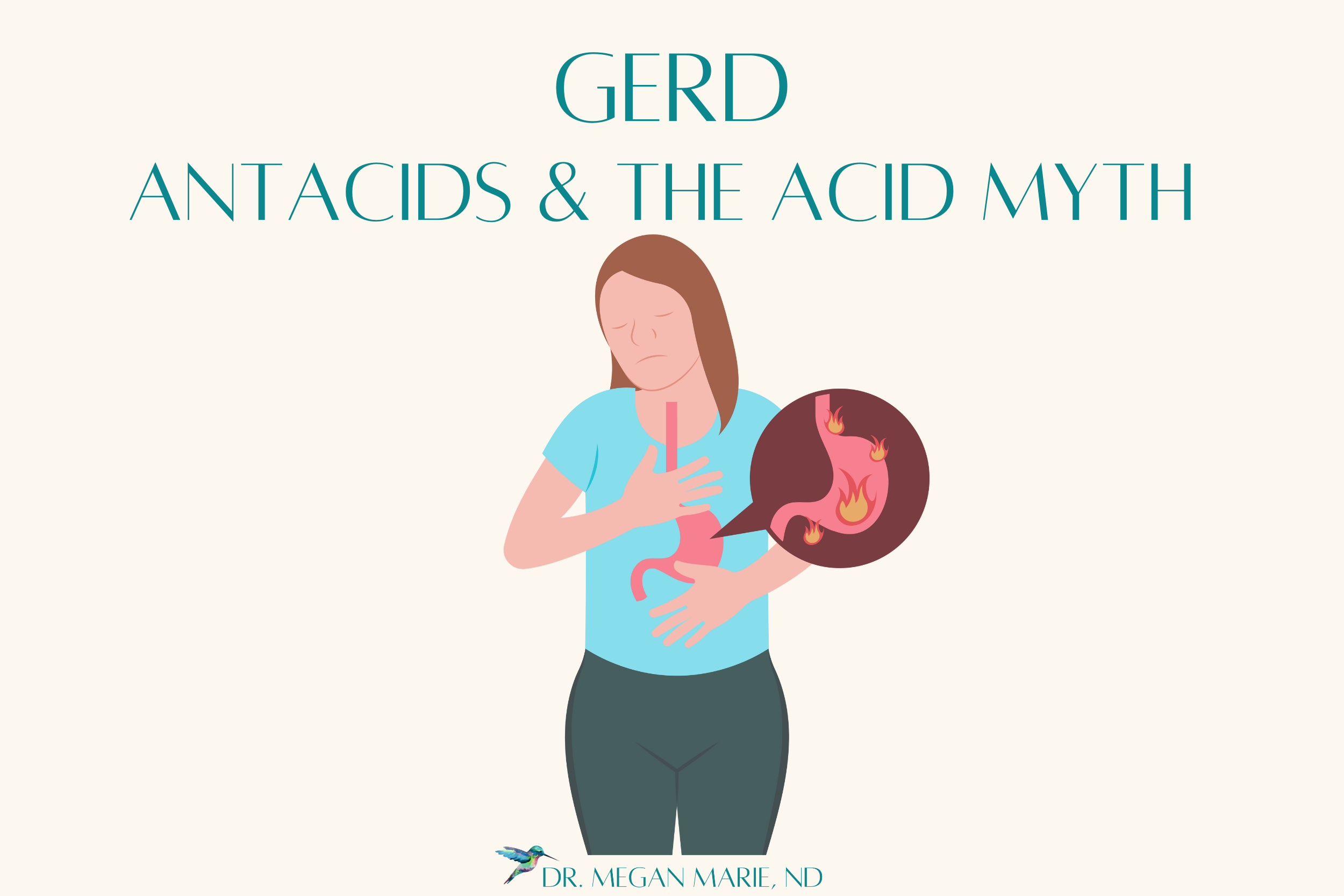Meet the Players: Barriers, Innate Defenders, and Adaptive Specialists
The Tour of the Body series spotlight on the Immune System continues—we're getting to know the actual players that make your immune system tick—from your skin and stomach acid to your B-cells and natural killer cells. These defenders work in layers, communicating across your body to protect, repair, and recalibrate. Want to understand how your immune system knows when to fight, when to rest, and how to remember past threats? Let’s meet the team.
Tour of the Body: The Immune System Intro
Welcome back to the Tour of the Body series — your guided journey through the incredible systems that keep you alive, connected, and thriving. In this spotlight, we begin with the immune system: your body's inner guardian, communicator, and repair crew.
It's not just about fighting germs — it's about discerning, balancing, and protecting you every moment of every day. Ready to meet the unseen forces working on your behalf? Let's dive in.
The Other Side of Relief: How Everyday Drugs May Be Rewiring Your Brain
What if the drugs in your medicine cabinet were shaping your emotions more than you realized? From Tylenol’s impact on empathy to sleep meds that cloud memory, this post explores the subtle ways everyday meds influence mood, motivation, and mind—and what you can do instead.
Dairy Depression & Bread-head Blues: Why Some Foods Really Are Addictive
Bread and cheese might feel like comfort food—but what if they’re chemically addictive? This post breaks down casomorphins and gliadomorphins—two morphin-like compounds formed from dairy and gluten—and how they may be impacting your cravings, mood, digestion, and more.
Cholesterol Confusion: Busting Fat & Carb Myths for Good
Still thinking fat makes you fat? Or that carbs are the enemy? You're not alone — decades of diet fads have left many of us confused about what to eat and when. In this post, I break down how sugar (not fat!) triggers cholesterol production, why timing matters (especially for women), and how to come back to balance with whole, nourishing foods. Includes a sample menu to help you get started.
GERD, Antacids, and the Acid Myth
If you’ve had your gallbladder removed—or even if you haven’t—but still struggle with reflux, bloating, or a burning throat, you’re not alone. Despite what we’ve been told, GERD isn’t always caused by too much acid. In fact, low acid and sluggish digestion are often the real culprits. In this post, we’ll explore the truth about antacids, the surprising role of bile, and simple, root-cause strategies to restore digestive flow—without lifelong meds.
Gallbladder Removal: What You Weren’t Told
Most people are told their gallbladder is “optional”—but no one tells them why it failed in the first place or what their body needs afterward. This post dives into the real reasons behind gallstones, what happens to digestion without a gallbladder, and how to support your liver, gut, and nutrient absorption for better health long-term.
Halides & Your Thyroid: A Balancing Act
Did you know that fluoride, chlorine, and bromide—common in water, food, and household products—can compete with iodine and disrupt thyroid function? This post explores how these halides impact thyroid health, why iodine is essential, and how historical interventions like fluoridation and bromated flour may be affecting us today. Learn how halides are processed in the body, their connection to non-celiac gluten sensitivity, and practical strategies to reduce exposure and support detoxification through food, filtration, and supplementation. Protect your thyroid by making informed choices.
The Endocrine Society's Vitamin D Guidelines: A Step Backward?
The Endocrine Society Just Downplayed Vitamin D—But Should They Have?
The Endocrine Society’s latest guidelines claim vitamin D deficiency isn’t a major concern and that most adults don’t need to supplement beyond the RDA. But does this align with what we know about vitamin D’s role in insulin regulation, immune health, and hormone balance? In this post, I break down why their stance ignores decades of research, what symptoms of deficiency to look out for, and how to optimize your vitamin D levels for better health.
Cravings & The Nervous System: What Your Body is Really Asking For
Cravings aren’t just about hunger or willpower—they’re messages from your nervous system. When stress depletes key neurotransmitters like dopamine and serotonin, your body instinctively seeks out sugar, salt, and fat to rebalance. But the relief is temporary, leading to a cycle of cravings. Understanding what your body is truly asking for allows you to nourish yourself in a way that supports long-term well-being. What if your cravings weren’t the enemy, but a guide?










